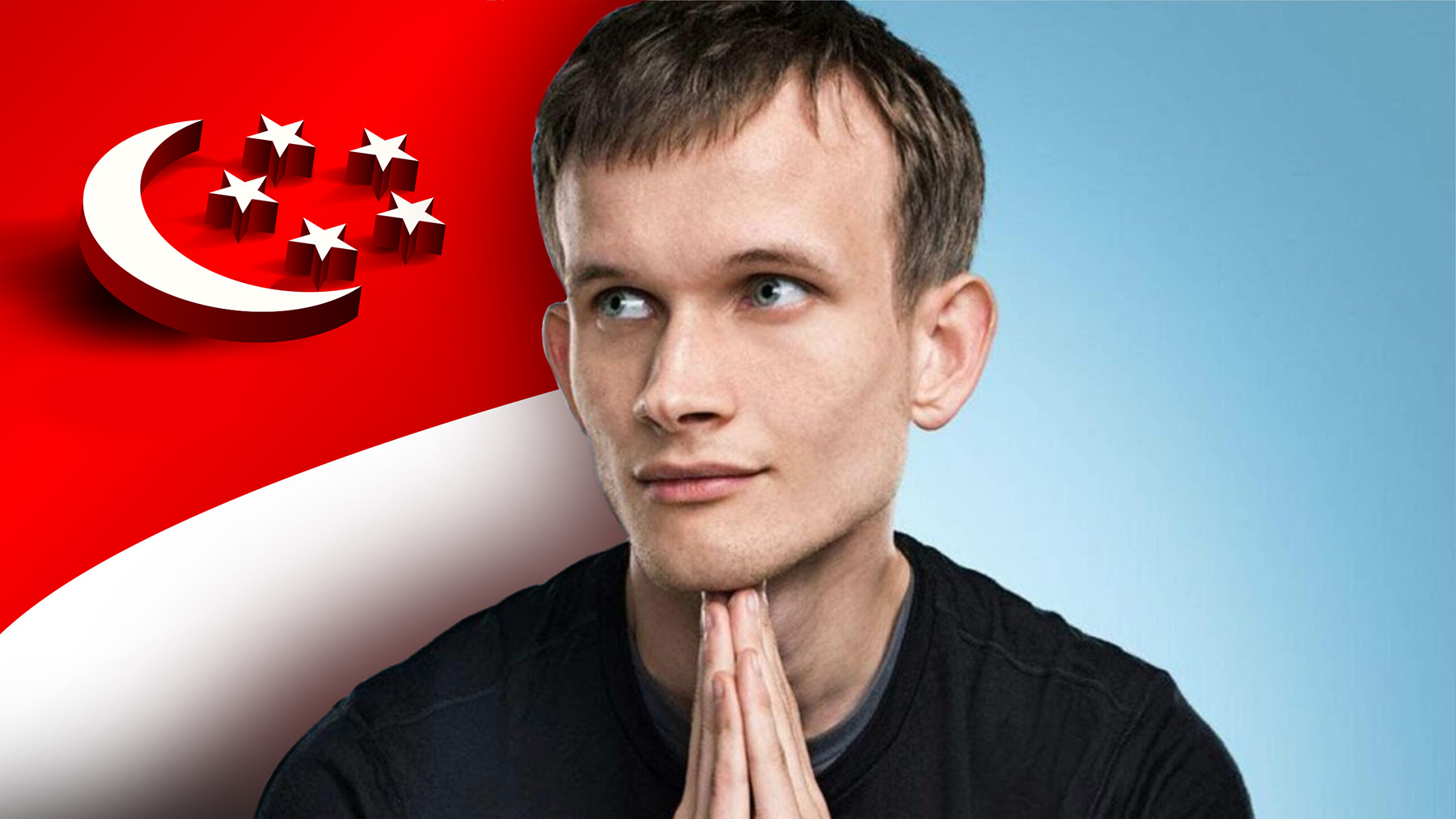Vitalik Buterin certainly raised some eyebrows on Saturday, commenting on Twitter about how the Terra Luna disaster, which left many bankrupt and desperate, should be dealt with.
He shared an idea proposed by another user, stating that small holders of the failed cryptocurrency should receive compensation in the first place (assuming the reserves meant to protect the peg to the dollar were still intact).
Given that the vast majority of the currency was held by very large holders, thousands of small investors could be made whole entirely with this move, leaving the richest to bear the brunt of the collapse.
Buterin supported the idea by bringing up two examples — insurance of deposits held by banks (which protects savings of up to US$250,000 in the US) and Singapore’s Employment Act, which has stronger regulation of rest and work days for low-earners and manual labourers than it does for higher level managers and executives.
The obvious precedent is FDIC insurance (up to $250k per person)
— vitalik.eth (@VitalikButerin) May 14, 2022
An interesting unrelated one is Singapore employment law. Stronger regulation for low-earning employees, and a more figure-it-out-yourself approach for the wealthier.
IMO things like this are good hybrid formulas. pic.twitter.com/25XkfE8UVc
The notion behind it all is to offer greater protections to the smaller and weaker participants in the market, who do not necessarily have the power or financial means to weather such disasters (or write the rules themselves).
Is Vitalik Buterin supporting… regulation?
While it may sound generous and caring, it is also remarkably controversial in the crypto space because it clearly invokes something that all crypto supporters hate: centralised regulation.
The main promise of crypto was unbound freedom from the government, laws, legislation or any arbitrarily defined rules (though, as we know, the greater the freedom, the greater the responsibility required).

But now, one of the most influential figures in the entire industry is quite openly calling for differentiation of rules between smaller and larger currency holders, bringing up actual government regulation as an example.
While he did stop short of openly advocating for these rules to be made law, there’s no denying that is exactly where his train of thought leads.
Now, whether this could or should be enforced by external authorities on the entire industry, or just be devised as a part of each separate crypto project, is another question entirely. But the idea that freedom should have limits to protect millions of users is likely to cause a stir.
It also shows that in extraordinary cases, the human mind — even as devoutly engaged in crypto — leans towards establishing protections for some of the participants in the name of greater good.
It’s quite a funny moment, I have to say. We’re witnessing one of the leading crypto creators suddenly discovering why similar regulations have been put in place in traditional banking or in the case of Singapore, in employment, in the first place.
It turns out that the dream of absolute freedom is experiencing a hard landing in reality.

It seems to me that Vitalik may not have quite realised the consequences of what he was about to say, simply weighing in on the best way to solve the crisis that Terra Luna caused — and the immense suffering of thousands of small investors.
Many of them made quite irresponsible financial decisions that have now almost destroyed their lives (wiping out life savings, rendering them unable to pay their mortgages etc) though not necessarily their own fault.

Nevertheless, the risks of investing in any asset class are and should be known. It’s not without reason that the advice often goes to invest only as much as you are able to lose and diversify your portfolio to protect it.
The question, therefore, is — should the dream of unbridled crypto liberty be abandoned because so many people have overplayed their hand and have been pushed into bankruptcy or even onto the brink of suicide?
Are the ideals of what decentralised blockchain — that nobody should have regulatory power over — obsolete because of the volatility, risk and unpredictability of thousands of projects?
Vitalik Buterin certainly appears to think so, but will the community agree?
Shop and support the best homegrown brands on VP Label now:
Featured Image Credit: about.me/vitalikbuterin








